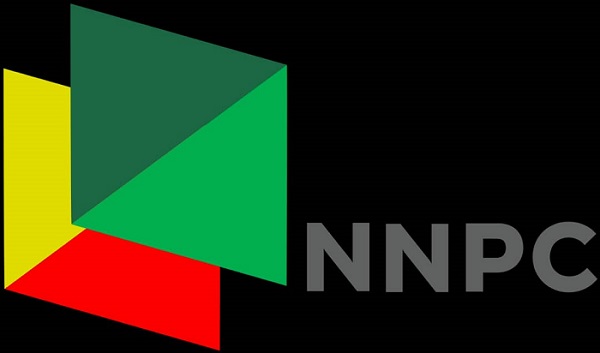The National Petroleum Company Limited (NNPCL) has relieved of the managing directors of its three key refineries in Port Harcourt, Warri, and Kaduna, in a sweeping leadership overhaul aimed at reviving Nigeria’s underperforming refining sector and aligning operations with President Bola Tinubu’s energy reform agenda.
Among those affected is Bala Wunti, former head of the National Petroleum Investment Management Services (NAPIMS).
Several other senior officials — particularly those nearing retirement — were also shown the door. The development, though yet to be formally confirmed by NNPCL spokesperson Olufemi Soneye, was independently verified by multiple company insiders.
The shakeup follows mounting criticism over the poor performance of Nigeria’s multibillion-dollar refinery rehabilitation efforts, especially the $897 million revamp of the Warri Refinery, which reportedly stalled barely a month after it was declared operational.
The dismissals come just weeks after President Tinubu, on April 2, 2025, abruptly sacked the former Group Chief Executive Officer Mele Kyari and reconstituted the company’s board, citing a need for urgent reforms in the oil and gas sector.
Kyari had led the company since 2019 and oversaw its transition to a commercial entity under the Petroleum Industry Act (PIA).
Presidency sources said the overhaul was performance-driven, with Tinubu reportedly frustrated by stagnating production levels, persistent underutilisation of state-owned assets, and failure to meet Nigeria’s crude production benchmarks.
“Some of them became part of the problem,” a senior presidency official said. “There needs to be a new direction with professionals who can meet set performance metrics, including reaching 2 million barrels per day by 2027, and 3 million bpd by 2030, along with significant growth in natural gas output.”
The NNPCL board is led by Bayo Ojulari as Group CEO and Musa Ahmadu-Kida as non-executive chairman. Ojulari, an industry technocrat, was previously EVP and COO at Renaissance Africa Energy, which led the $2.4 billion acquisition of Shell Petroleum Development Company of Nigeria (SPDC).
Among the fresh appointments is Maryam Idrisu, now heading NNPC Trading, the company’s crucial crude oil marketing arm.
“These are not politicians. This is the first time the company is being run by a full slate of core industry experts,” a company insider said, emphasizing the shift in direction.
The leadership changes come amid scathing industry assessments of the state-owned refineries.
In April, a report from the Nigerian Midstream and Downstream Petroleum Regulatory Authority revealed that the Warri Refinery, which consumed $897.6 million in refurbishment funding, has been shut since January 25, 2025, due to safety issues in its main distillation unit.
Meanwhile, the Port Harcourt Refinery, which resumed partial operations in November 2024, has failed to exceed 40% production capacity, casting further doubt on the commercial and operational strategy of the NNPCL.
“The performance is disheartening,” one industry analyst told Global Financial Digest. “Despite heavy spending, the refineries continue to bleed cash without contributing meaningfully to domestic fuel supply or Nigeria’s broader energy goals.”
With Nigeria struggling to meet its OPEC quota and foreign exchange earnings increasingly tied to hydrocarbon performance, the pressure is mounting on NNPCL’s new leadership to turn the tide.
President Tinubu has mandated the board to reassess all producing and non-producing oil blocks, optimise national assets, and meet clearly defined production milestones — including 10 billion cubic meters of gas output by 2030.
Failure to meet these targets would likely derail the administration’s energy reform agenda, further weigh on public finances, and complicate investor confidence in Africa’s largest oil producer.
The NNPCL overhaul underscores a decisive shift in Nigeria’s oil sector governance. With refinery performance under intense scrutiny and global competition for energy capital growing, the success or failure of this leadership reset may determine the trajectory of Nigeria’s oil and gas future.


Comment here